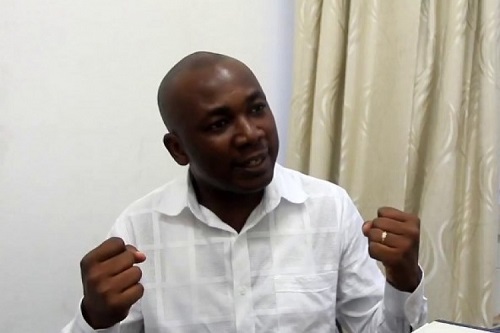Prof. Godfred Bokpin Identifies Expenditure Inefficiency as Ghana’s Key Obstacle to Development
Economist and Professor of Finance, Prof. Godfred Bokpin, has highlighted expenditure inefficiency as Ghana’s most significant barrier to economic development, rather than the country’s relatively low tax revenue-to-GDP ratio.
Speaking during the NorvanReports and Economic Governance Platform X Space discussion on the theme, “Fiscal Sustainability Amid Tax Cuts and Manifesto Promises,” Prof. Bokpin pointed out that countries such as Malaysia and Singapore, despite having tax revenue-to-GDP ratios similar to Ghana’s, have achieved considerable development due to more efficient public spending.
Effective Spending Key to Growth
Prof. Bokpin emphasized that the focus should be on how effectively the government utilizes its resources.
“The problem with Ghana is expenditure inefficiency,” he asserted. “Other countries with lower tax-to-GDP ratios have developed, yet we’ve used this as an excuse for our lack of progress.”
He cited Malaysia’s and Singapore’s relatively modest tax-to-GDP ratios as examples and noted that these nations have smaller cabinets compared to Ghana’s, reflecting greater government efficiency.
For instance, Malaysia had a tax-to-GDP ratio of 12.2% in 2022, with only 20 ministers, while Singapore, with a tax-to-GDP ratio of 12.1%, operates with just 16 ministers.
Call for Ministerial Efficiency
Prof. Bokpin further urged that Ghana should consider reducing its number of ministers to enhance governance efficiency.
“I will be very happy if the president-elect comes to tell Ghanaians that, ‘I’ve reviewed the data and I think I can govern with less than 30 ministers,’” he stated, pointing to the significant governance improvements seen in countries like Benin with only 24 ministers.
The Role of Corruption and Procurement Practices
Turning to the issue of corruption, Prof. Bokpin noted that inefficiencies, particularly in procurement processes, have exacerbated the problem.
“Between 2012 and 2021, nearly 85% of large government procurements were done through single or sole-source contracts, rather than through competitive tendering,” he revealed.
Prof. Bokpin speaking further during the X Space discussion, urged the incoming government to focus on improving government spending efficiency, which is a critical step in stimulating sustainable growth and development.
By addressing inefficiencies in expenditure, Ghana can optimize its resources and achieve the level of development seen in other countries with similar economic challenges.







